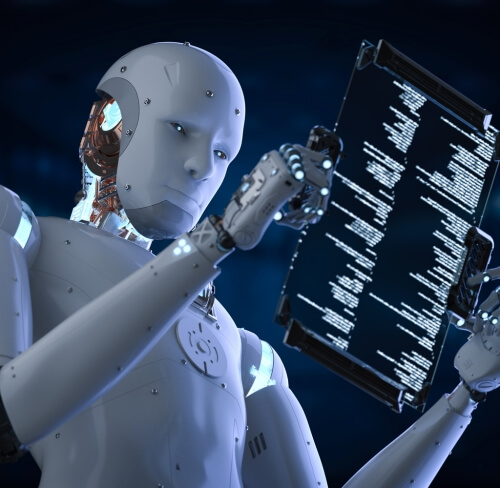Exploring the Multifaceted Use Cases of Artificial Intelligence
Artificial Intelligence (AI) has become a cornerstone of modern technology, influencing various aspects of our lives and industries. From healthcare to entertainment, AI’s capabilities are reshaping how we interact with the world and perform tasks. Let’s dive into some of the most impactful use cases of AI across ten different sectors.
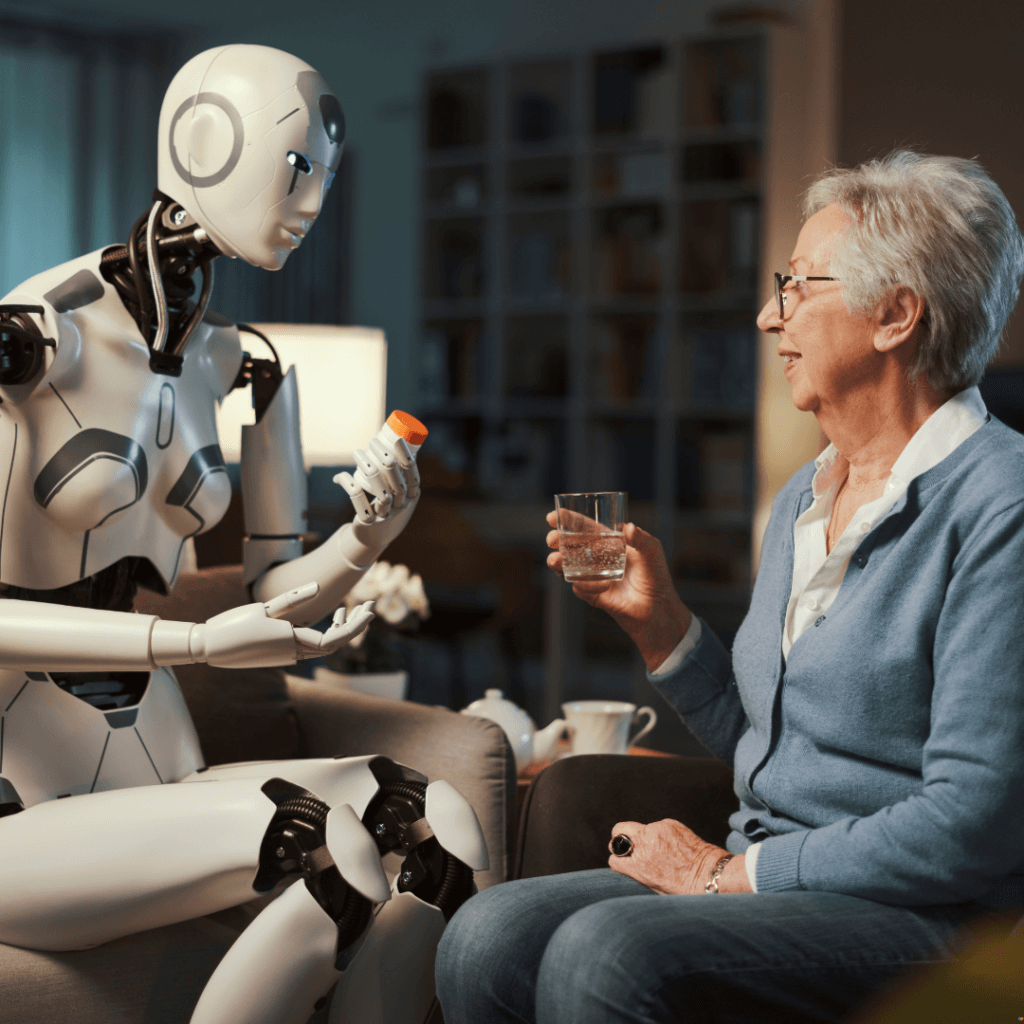
1. Healthcare: Revolutionizing Patient Care
AI’s integration into healthcare has led to significant advancements in diagnosis, treatment, and patient care. Some key applications include:
- Medical Imaging and Diagnosis: AI algorithms can analyze medical images, such as X-rays, MRIs, and CT scans, with high accuracy, aiding radiologists in detecting conditions like tumors, fractures, and infections.
- Predictive Analytics: By analyzing patient data, AI can predict disease outbreaks, patient deterioration, and potential health risks, allowing for proactive interventions.
- Personalized Medicine: AI helps in tailoring treatments based on individual genetic profiles, leading to more effective and personalized healthcare plans

2. Finance: Enhancing Efficiency and Security
The financial sector has embraced AI to streamline operations, enhance customer experiences, and improve security:
- Fraud Detection: AI systems can analyze transaction patterns in real-time to identify and prevent fraudulent activities.
- Algorithmic Trading: AI-driven algorithms can analyze market trends and execute trades at optimal times, maximizing profits.
- Customer Service: Chatbots and virtual assistants powered by AI provide instant customer support, improving client satisfaction and reducing response times.

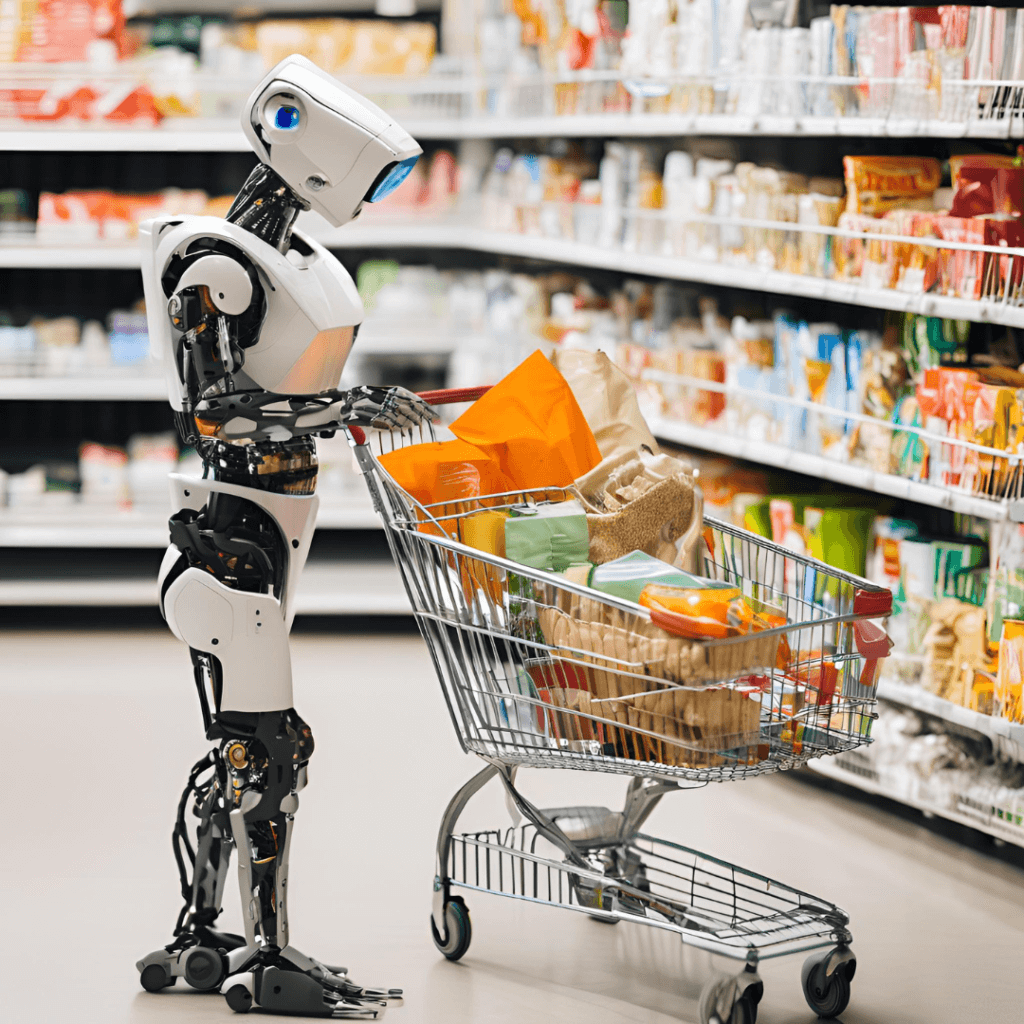
3. Retail: Transforming the Shopping Experience
AI is revolutionizing the retail industry by providing personalized shopping experiences and optimizing supply chains:
- Recommendation Systems: AI algorithms analyze customer behavior to suggest products they are likely to purchase, increasing sales and customer satisfaction.
- Inventory Management: AI helps retailers predict demand, manage inventory levels, and reduce waste by analyzing sales data and market trends.
- Virtual Try-Ons: AI-powered augmented reality allows customers to virtually try on clothes and accessories, enhancing the online shopping experience.
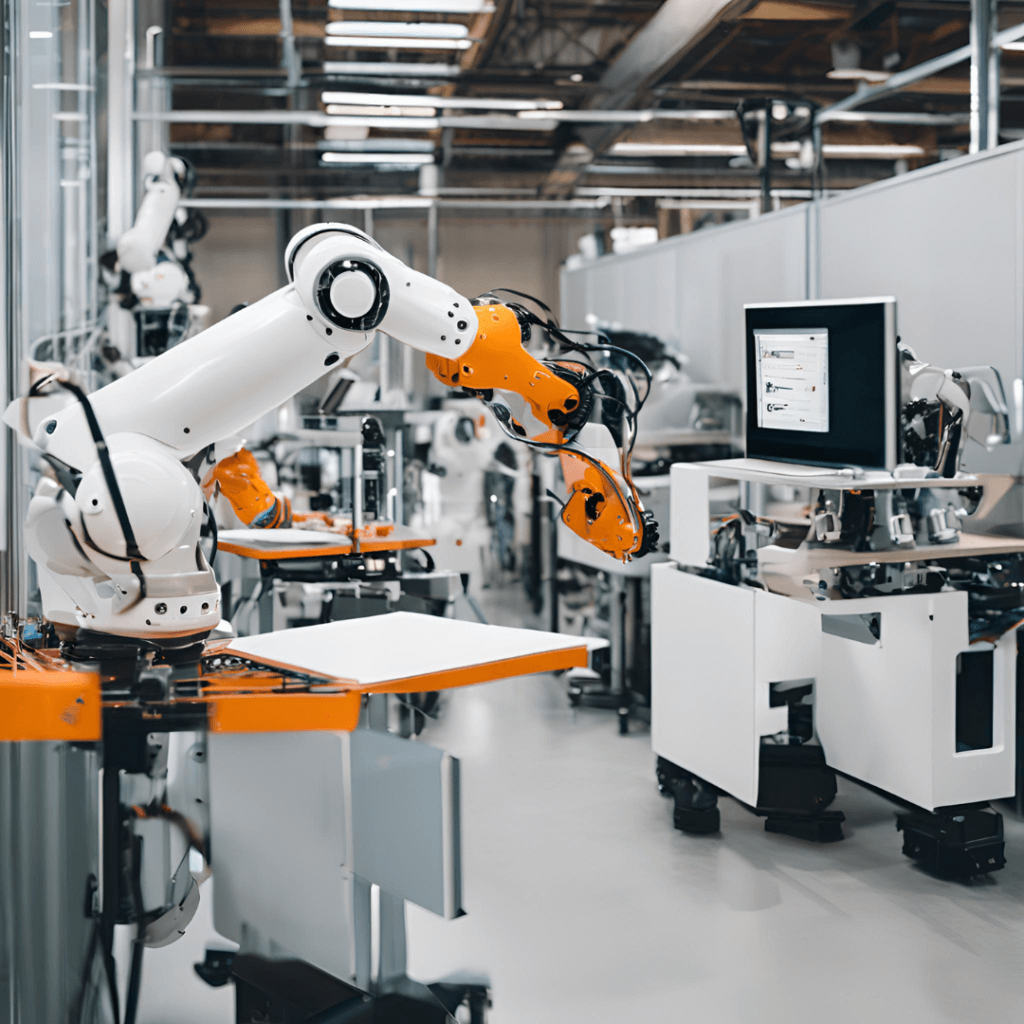
4. Manufacturing: Driving Efficiency and Innovation
AI’s role in manufacturing is pivotal for optimizing production processes and maintaining quality:
- Predictive Maintenance: AI can predict equipment failures by analyzing data from sensors, allowing for timely maintenance and reducing downtime.
- Quality Control: AI systems inspect products for defects in real-time, ensuring high-quality standards and reducing waste.
- Robotics and Automation: AI-powered robots perform repetitive tasks with precision, increasing efficiency and allowing human workers to focus on more complex tasks.

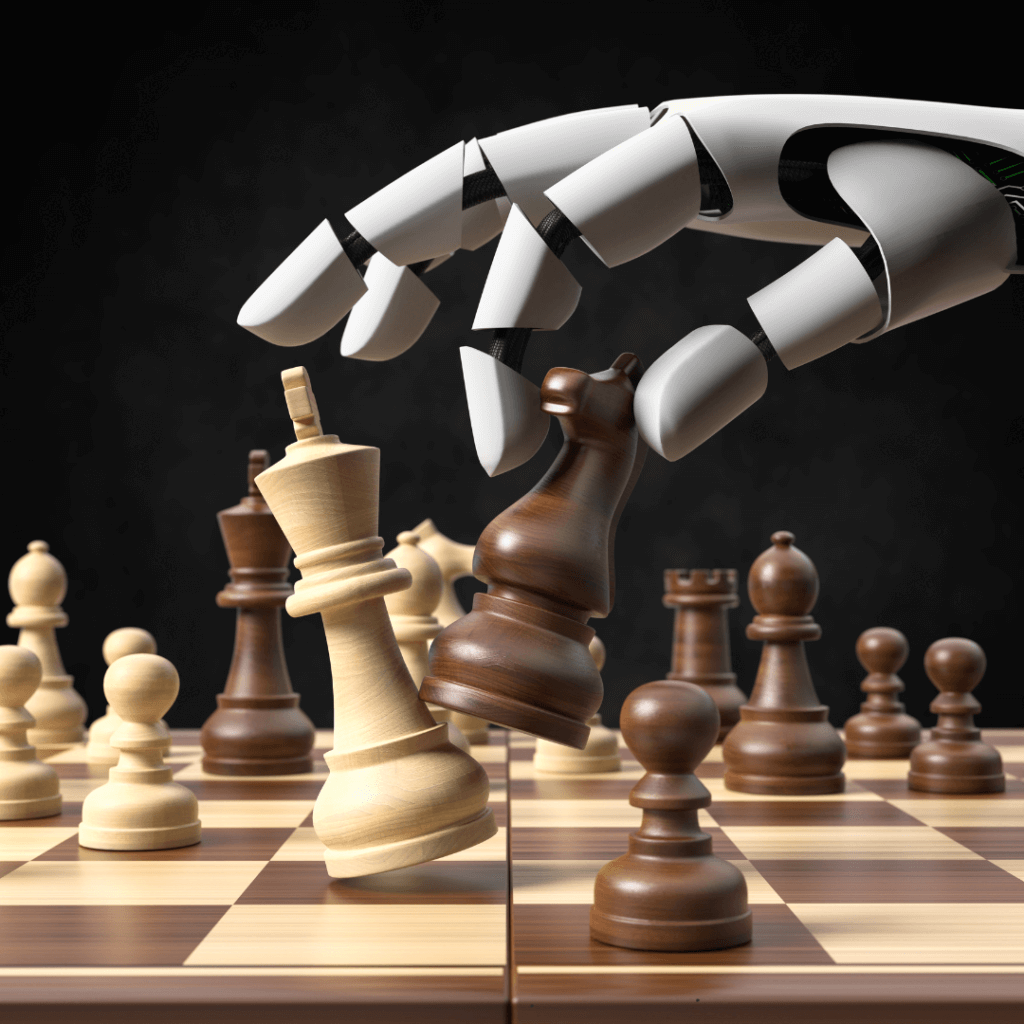
5. Entertainment: Enhancing Content Creation and Consumption
AI is transforming the entertainment industry by enabling innovative content creation and personalized user experiences:
- Content Recommendations: Streaming services use AI to suggest movies, TV shows, and music based on user preferences and viewing history.
- Deepfake Technology: AI can create realistic digital simulations of actors, allowing for groundbreaking visual effects and new storytelling possibilities.
- Game Development: AI enhances video game experiences by creating intelligent non-player characters (NPCs) and dynamic, adaptive game environments.
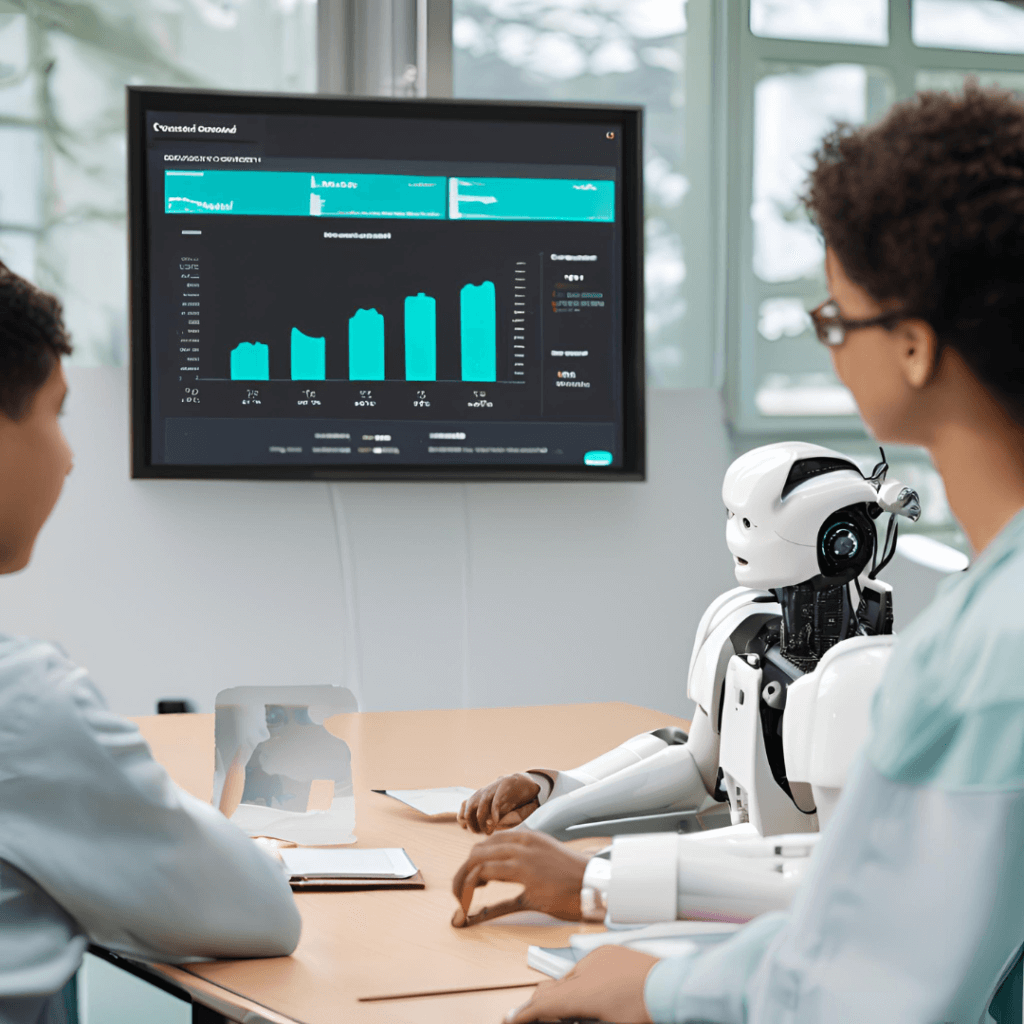
6. Education: Personalized Learning and Administrative Efficiency
AI is shaping the future of education by providing personalized learning experiences and improving administrative processes:
- Adaptive Learning Platforms: AI tailors educational content to individual learning styles and paces, helping students grasp concepts more effectively.
- Automated Grading: AI can grade assignments and exams, providing instant feedback to students and reducing the workload for educators.
- Virtual Tutors: AI-powered tutors offer personalized assistance and support, helping students with their studies outside of traditional classroom settings.

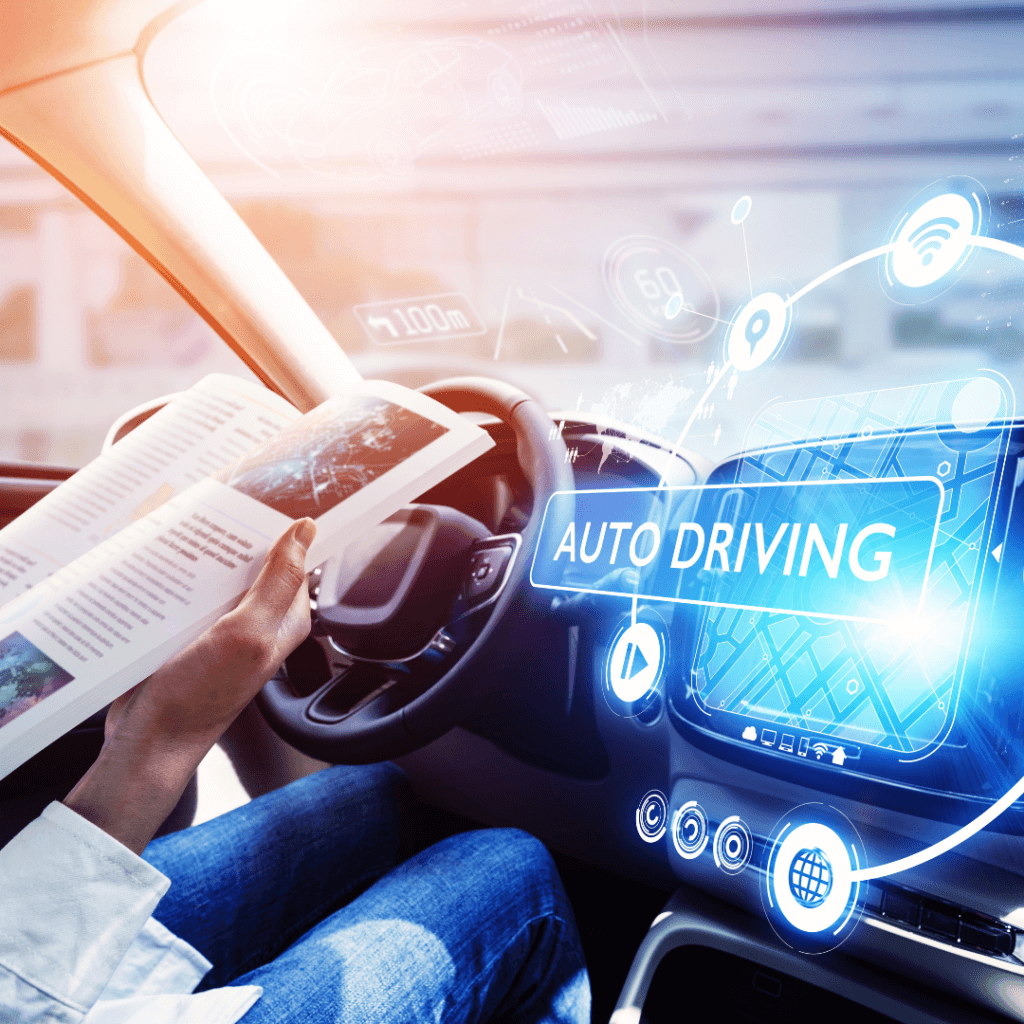
7. Transportation: Paving the Way for Autonomous Mobility
AI is at the forefront of transforming transportation through advancements in autonomous vehicles and traffic management:
- Self-Driving Cars: AI enables vehicles to navigate, make decisions, and drive autonomously, promising safer and more efficient transportation.
- Traffic Management: AI analyzes traffic data in real-time to optimize traffic flow, reduce congestion, and improve overall transportation efficiency.
- Logistics and Delivery: AI optimizes delivery routes and schedules, enhancing the efficiency of logistics and reducing delivery times.
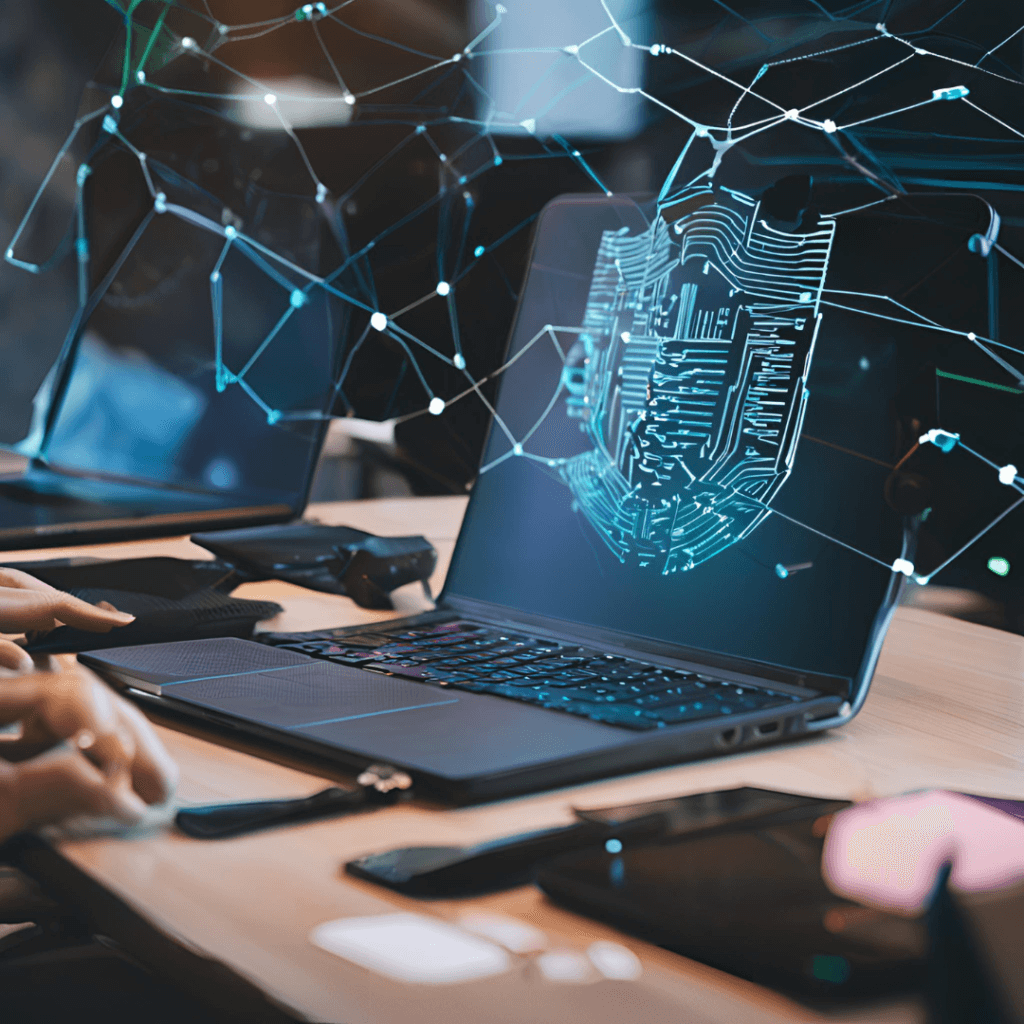
8. Information Technology: Boosting Efficiency and Security
AI is a game-changer in the IT sector, enhancing everything from cybersecurity to infrastructure management:
- Cybersecurity: AI algorithms can detect unusual patterns and potential threats in real-time, providing robust security measures against cyber attacks.
- Network Management: AI helps in managing and optimizing network performance, ensuring reliable and efficient communication.
- IT Support: AI-powered virtual assistants and chatbots can handle routine IT support tasks, freeing up human resources for more complex issues.
- Data Management: AI systems can analyze and manage large volumes of data, providing insights and automating data-driven decisions.


9. Agriculture: Innovating Farming Practices
AI is transforming agriculture by enhancing crop management, livestock monitoring, and overall farming efficiency:
- Precision Farming: AI helps farmers monitor and manage crops with greater accuracy, using data from sensors and satellite imagery to optimize planting and harvesting.
- Livestock Monitoring: AI-powered systems monitor the health and well-being of livestock, detecting illnesses and ensuring optimal conditions.
- Supply Chain Optimization: AI improves the agricultural supply chain by predicting demand, reducing waste, and enhancing distribution logistics.

10. Energy: Optimizing Resource Management
AI is pivotal in the energy sector, driving efficiency and sustainability:
- Smart Grids: AI helps manage energy distribution through smart grids, optimizing the balance between supply and demand and reducing energy waste.
- Predictive Maintenance: AI systems predict maintenance needs for energy infrastructure, preventing failures and reducing downtime.
- Renewable Energy: AI optimizes the performance of renewable energy sources, such as wind and solar power, by predicting weather patterns and adjusting operations accordingly.

Conclusion
The applications of AI are vast and continue to grow as technology advances. From healthcare to energy, AI is driving innovation, improving efficiency, and creating new opportunities across various industries. As AI technology evolves, its impact on our lives will only become more profound, paving the way for a smarter and more connected world.

